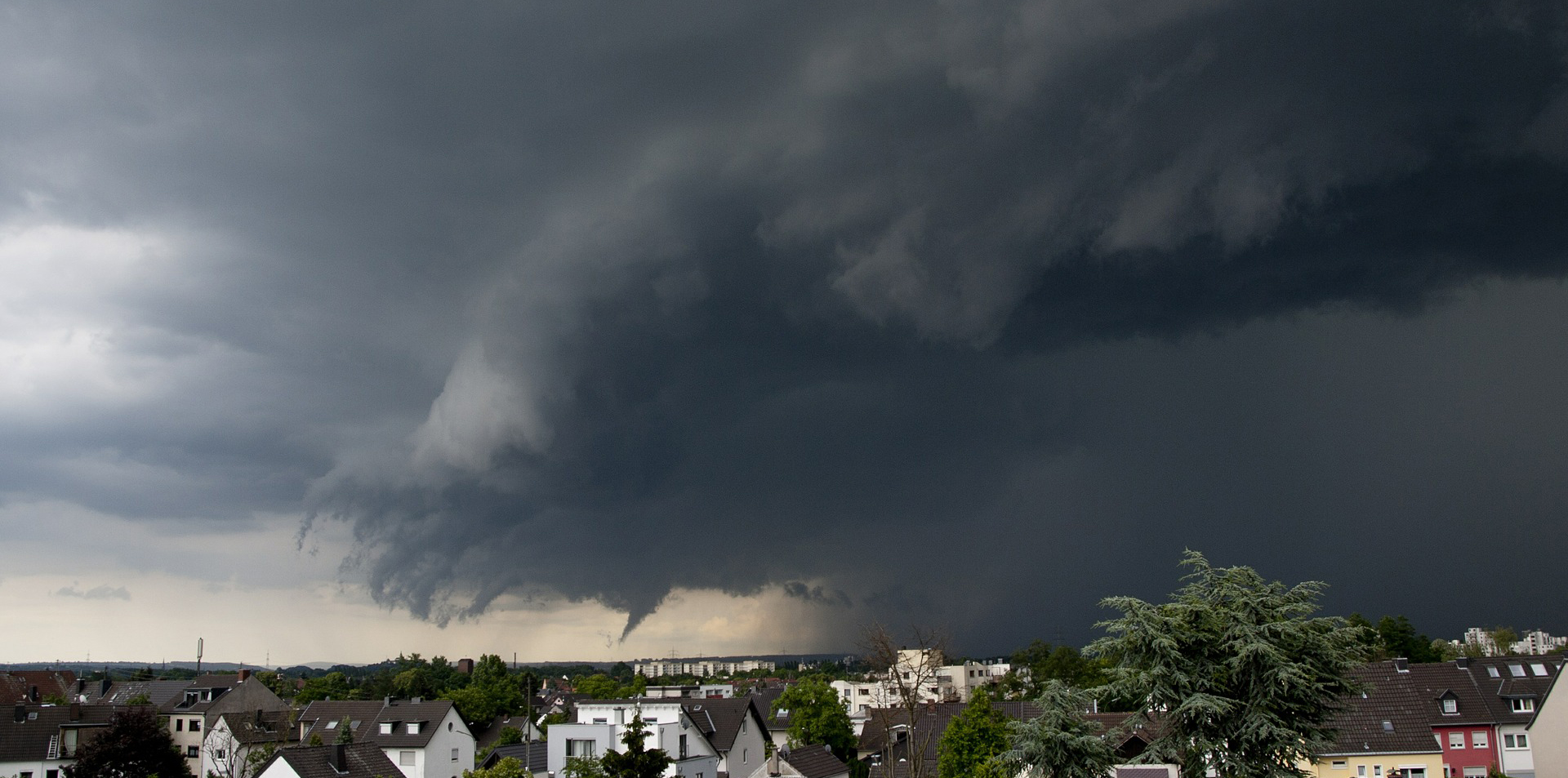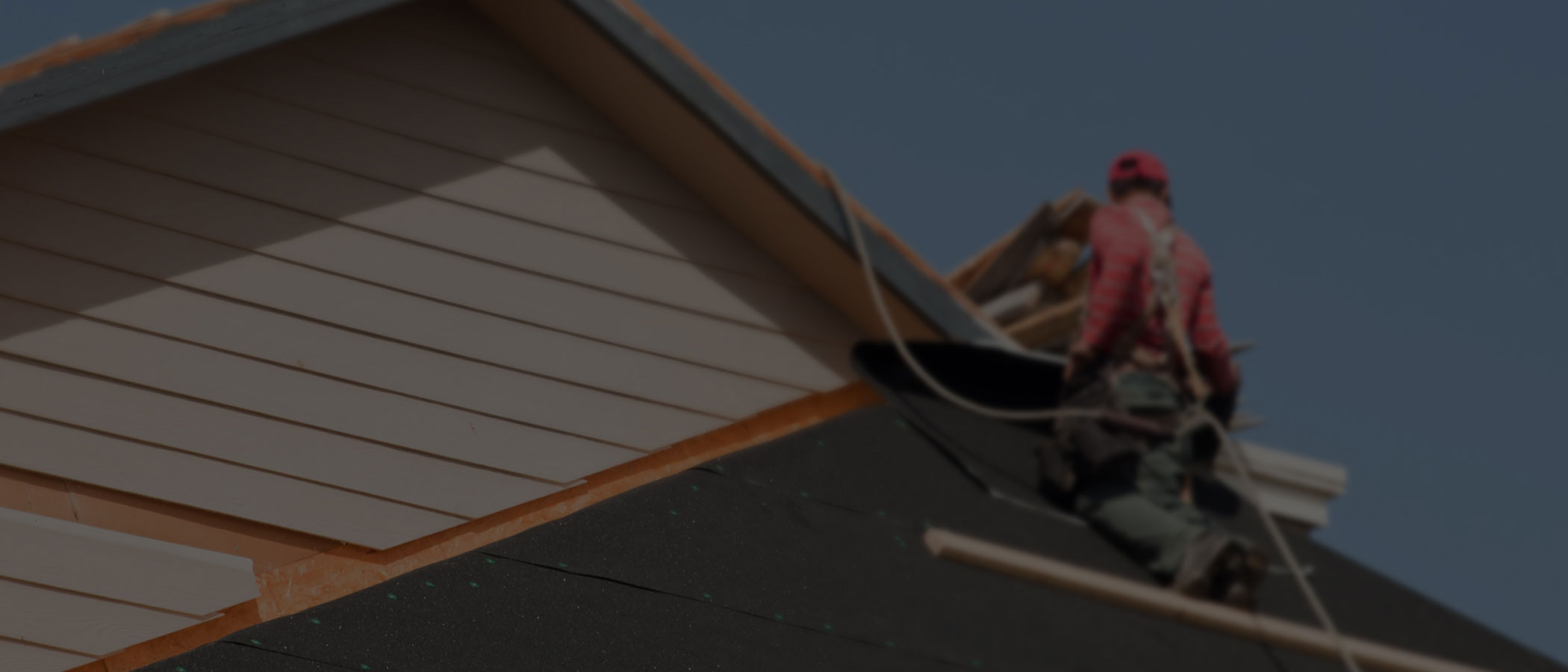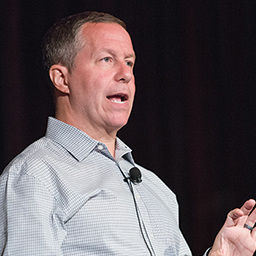
19 Dec Update: How the Roofing Contracting Industry Handled Hurricane Season
The past few years we’ve seen an onslaught of severe weather across the country. From floods to hurricanes, wildfires to tornados, construction across the country has suffered the wrath of mother nature. In many cases, there isn’t a lot we can do to protect against natural disasters, but there are a few preventative steps to take to increase your odds of making it out of a weather event with minimal damage to your construction site.
Wind
Wind seems like the most innocent of natural events, but it can wreak havoc on your roofing construction project. According to a report by Travelers Insurance, wind damage leads to millions of dollars in damage and delays every year. To protect yourself against the wind, be sure to properly store and manage materials for windy conditions. Before wind hits, secure as much of your roofing project as possible, store all materials, not in use, and be sure conditions are regulated before returning to construction. Don’t underestimate the strength of a wind event. Secure all materials, even heavier materials you might not consider at risk for wind damage.
Hurricanes
Although not all parts of the country have to worry about hurricanes, they do pose a threat to our coastal contractors. The first step in fighting back against hurricanes is developing a plan for inclement weather. Start with a checklist of actions to take before the event hits. Be sure to plan for all points of development. Your checklist will change dramatically from beginning of a project to a project near completion. Secure as much of the project as possible and create a plan for relocating materials. Not only do you need to remove materials from the site itself, keep in mind other factors like flooding to be sure you don’t incur more loss in materials. Again, check the safety of all structures before returning to work.
Flooding
Flooding can be the result of inclement weather or other factors like burst pipes. Protect your materials from flooding by storing them in a dry location with access to higher points to save materials in the event of a flood. Flooding also slows down production time, so be sure to have a plan. In the event of any severe weather, your safety and the safety of your staff is the most important factor. Be sure all of your workers are aware of the safety process in the event of a disaster. Go over plans thoroughly prior to events.
Theft
Although not a natural disaster, theft is a real hurdle for managing projects and protecting materials. Your best defense is safeguarding sites from the start. Use physical barriers to deter thieves and help warn people of an ongoing construction site. From there, utilize locks for storing materials and don’t leave tools or high-value materials unattended at the site. Video surveillance also helps deter theft and can help track down valuable materials in the event of a loss.
Despite our best efforts, sometimes mother nature has a mind of her own. The best we can do is plan in advance, practice safety processes and minimize the impact with proper planning.















 Stephanie Pelizzari is a new business development expert at Contractor Nation, an online lead generation website development company who works to showcase contractors completed jobs by pulling the closest content to the homeowner, allowing for a unique customer experience, driving more lead opportunities to the contractor. Previously, Stephanie has sold home improvement, built local and national sales teams in home improvement and in the credit card processing industry. Today she enjoys being back to working with contractors and is driven by her passion to support locally owned businesses grow.
Stephanie Pelizzari is a new business development expert at Contractor Nation, an online lead generation website development company who works to showcase contractors completed jobs by pulling the closest content to the homeowner, allowing for a unique customer experience, driving more lead opportunities to the contractor. Previously, Stephanie has sold home improvement, built local and national sales teams in home improvement and in the credit card processing industry. Today she enjoys being back to working with contractors and is driven by her passion to support locally owned businesses grow.


 My expertise is in disruptive technologies, brand building, startups, strategic selling, business development, channel management, new product introductions, and team-building.
My expertise is in disruptive technologies, brand building, startups, strategic selling, business development, channel management, new product introductions, and team-building.
 Bill Combes and No Time for Social have helped hundreds of local and national clients and has been operating since 2013. NTFS manages social media for businesses that do not have the time, expertise or staff to manage it on their own and understand the importance of social media for their business. No Time for Social is focused on several core values when it comes to working with clients: Action, Accountability, Clarity and Communication. Prior to NTFS, Bill ran AnythingWeather (HailWatch) through 2011 and helped start the United Association of Storm Restoration Contractors (UASRC). Bill is also a meteorologist and was formally trained in weather in the US Air Force. He has been a resident of Round Rock, TX since 1997 and is married to his wife, Ileana. They have two boys, Alexander and Billy.
Bill Combes and No Time for Social have helped hundreds of local and national clients and has been operating since 2013. NTFS manages social media for businesses that do not have the time, expertise or staff to manage it on their own and understand the importance of social media for their business. No Time for Social is focused on several core values when it comes to working with clients: Action, Accountability, Clarity and Communication. Prior to NTFS, Bill ran AnythingWeather (HailWatch) through 2011 and helped start the United Association of Storm Restoration Contractors (UASRC). Bill is also a meteorologist and was formally trained in weather in the US Air Force. He has been a resident of Round Rock, TX since 1997 and is married to his wife, Ileana. They have two boys, Alexander and Billy.



 Helping people has always been part of my life. From spending 12 years as a firefighter to now assisting property owners in proper insurance settlements, adding value to the lives of other people has always been the most important thing I can do. This attitude, and the culture it encourages throughout C3 Group staff, has helped my company, which began in 2012, become the 214th fastest growing company in the entire United States.
Helping people has always been part of my life. From spending 12 years as a firefighter to now assisting property owners in proper insurance settlements, adding value to the lives of other people has always been the most important thing I can do. This attitude, and the culture it encourages throughout C3 Group staff, has helped my company, which began in 2012, become the 214th fastest growing company in the entire United States.
 Iconic Digital, a strategic design company based in Indianapolis, presents me with the challenge and exhilarating thrill of helping to build the strategies of companies that want to win. Whether they want to enter aggressive growth stages or are interested in designing a more effective business process, our clients are high potential industry players that seek digital tools, impeccable design, and unique strategies to take full advantage of their opportunities. Best job ever.
Iconic Digital, a strategic design company based in Indianapolis, presents me with the challenge and exhilarating thrill of helping to build the strategies of companies that want to win. Whether they want to enter aggressive growth stages or are interested in designing a more effective business process, our clients are high potential industry players that seek digital tools, impeccable design, and unique strategies to take full advantage of their opportunities. Best job ever.

 11am – 1 pm
11am – 1 pm 10 – 11 am
10 – 11 am